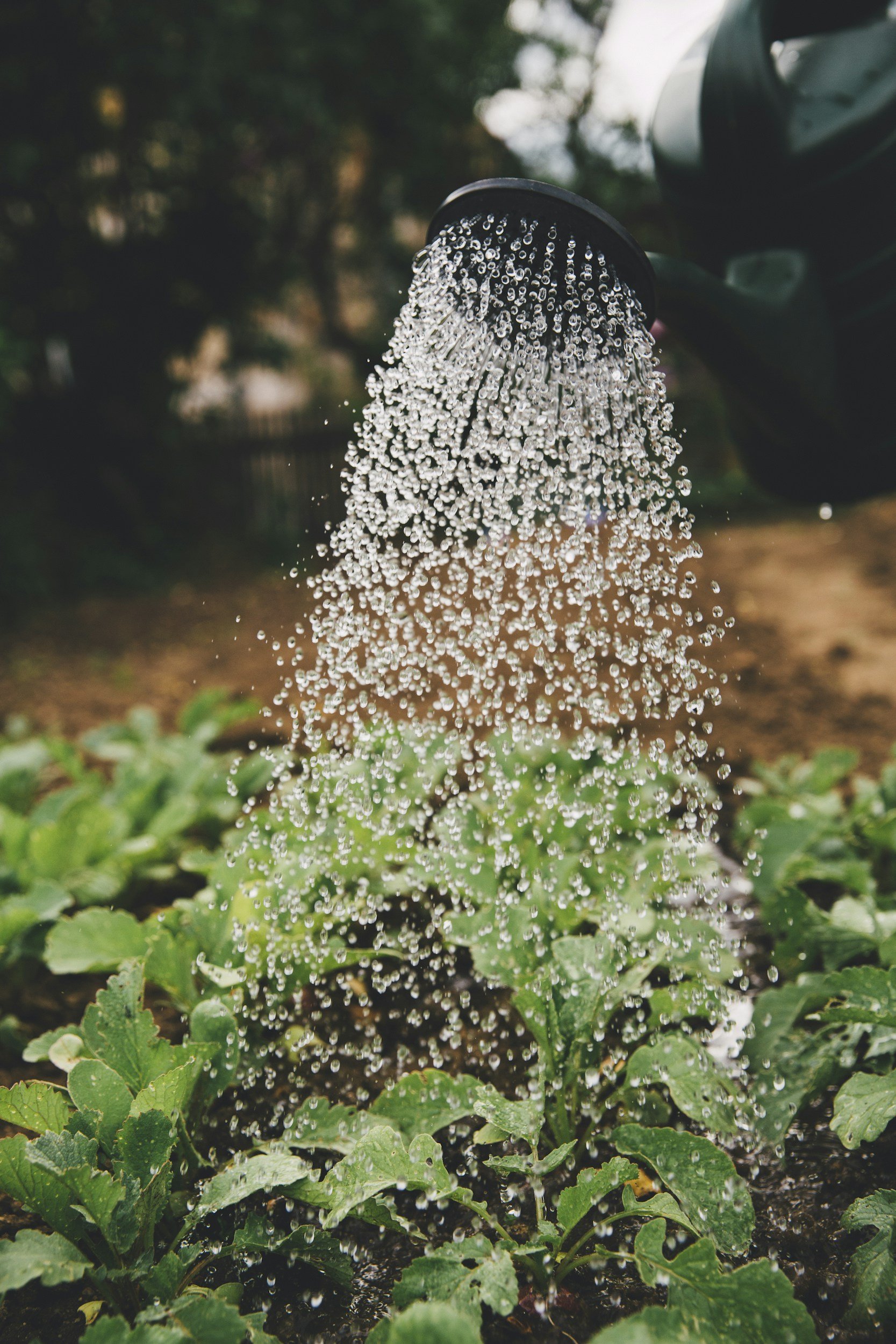Everything You Need to Know About Awka (Oka)!
Emblem of Akputakpu in an Oka Ozo title holder’s home. Akputakpununouzu is the Patron deity of Blacksmithing in Oka.
We share posts like this to help Igbo people around the world reconnect with their roots. A tree stands strong when its roots run deep, how deep are yours?
May this inspire you to explore, remember, and pass on the stories that shape who you are. Enjoy!
Names of Villages
Akwa (Oka) is a large town made up of several sections. There are a total of 33 villages in Oka which include:
Umuayom
Umunoke
Umuoramma
Umuokpu
Achallaoji
Umunamoke
Umudiaba
Agbana
Amachalla
Amudo
Umuzocha
Ezinato-Ifite
Enu-Ifite
Agbana-Ifite
Omuko (Oldest village in Oka)
Umueri
Umukwa
Umuogwal
Umuogbunu I
Umunzovbe (Umuogbunu II)
Umudioka
Umudiana
Okperi
Igweogige
Isiagu
Obunagu
Umuogbu
Umubele
Umuanaga
Umuike
Umujagwa
Umuenechi
Umuoruka
Note: “Awka” is the Anglicized spelling of Oka.
Names of Deities
Major deities in Oka include the following: Imoka (Principal deity of all Oka), Okanube, Obe (deity of farming and the seasons), Aja-Ani Oka, Nnemuloka, Nnamuloka, Oyenwaofufe, Ngeneonyeachonam, Akputakpununouzu (Deity of Iron/Metal and Blacksmithing), Aneke (Deity of war), Arobinagu Agulu e.t.c.
Name of River or Streams
The Major rivers or streams in Oka include:
Mmili Ezu
Mmili Afiachi
Mmili Nwannu
Mmili Ogba
Mmili Udide (used to treat ailments like Leprosy in times of old)
Mmili Obibia etc.
Main Market Day
Eke-Oka is Oka’s major market. On Eke day, the market is full of people who come from all of Oka and neighboring towns to trade.
Major Festivals
Major festivals that take place in Oka include:
Opueke/Imoka Festival: Imoka Festival (which signifies the start of the Oka new year) is a celebration of the Imoka deity which is the principal deity of Oka. The Opueke Festival is a celebration which is held on Afo market day and is led by the women of Oka. Opueke precedes the Imoka Festival which is held the next day, on Nkwo market day.
Other festivities celebrated in alignment with Oka calendar are as follows:
Egwu Imoka, the Imoka festival, celebrated in Onwa Nvu/Mbu (May).
Observance of Nkwu-na-Mgba Nkwa by Amikwo and Umueri in Onwa Iboo (June).
Continuation of Mgba Nkwa festivities in Onwa Ito (July).
Observance of Otili Umu Agbohobia, also called Aro na Nkpulouka in Onwa Ino (August).
Celebration of Nke Ikpo Mgba mgba, Chi, and Avbiajioku in Onwa Ise (September).
Alor, the roasting of yams, by ndi nze na ozo in Onwa Ishii (October).
Otite, the general mass return of the new yam is held in Onwa Asaa (November).
Performance of burial ceremonies in Onwa Asato (December).
Celebration of Nnu Mmia Alushi in Onwa Teghete (January).
Continuation of Nnu Mmia Alushi in Onwa Ili (February)
Performance of Igo ovbo (ofor) prayers by representatives of the 33 villages of Awka in Onwa Ili-Na-Ovybu (March).
Ngu aro, chronicling the new calendar year is conducted in Onwa Ili-Na-Iboo (April).
Please note: Not all Igbo communities follow the same calendar system. Each community has its own unique way, guided by sacred rites and festivals, of determining their traditional calendar and marking the beginning of a new year.
Communal Taboos
Incest
Harming, killing or eating of Enwe (Monkeys) which are the totem animal of the Imoka deity, are a sacred animal in Oka.
Rape
Murder
Land Theft etc.
Founder of Oka Town & History
The earliest people of Oka are believed to be indigenous to the land with no known history of migration. The earliest Oka people were known as the Ifiteana people, a group of people who are said to have formed entirely unique ways of living. The Ifiteana were masters of hunting and metal working. As time passed, more migrant groups joined the Ifiteana people to make up present day Oka (Awka).
Masquerades
These are the main masquerades in Oka:
Agunabo Umuzocha
Mgbedike Umukwa
Aku Umudioka
Mmonwu Ijele etc.
Occupation They Are Known For
The major occupations Oka indigenes are known for include Blacksmithing, Craftsmanship, Indigenous Medicine and Trading.
Local Government Area
Akwa (Oka) is a part of Awka South Local Government Area, in present day Anambra State.
Did we miss any key details or get something mixed up? Share your thoughts in the comments!
What else do you know about Awka that isn’t covered here? And which Igbo town would you like us to feature next? Let us know below. Daalu!
Sources:
Ozo Barrister Ndubuisi Nwakalo (Ozo Anyanwu Oka)
Research Credit:
Chinualumogu







